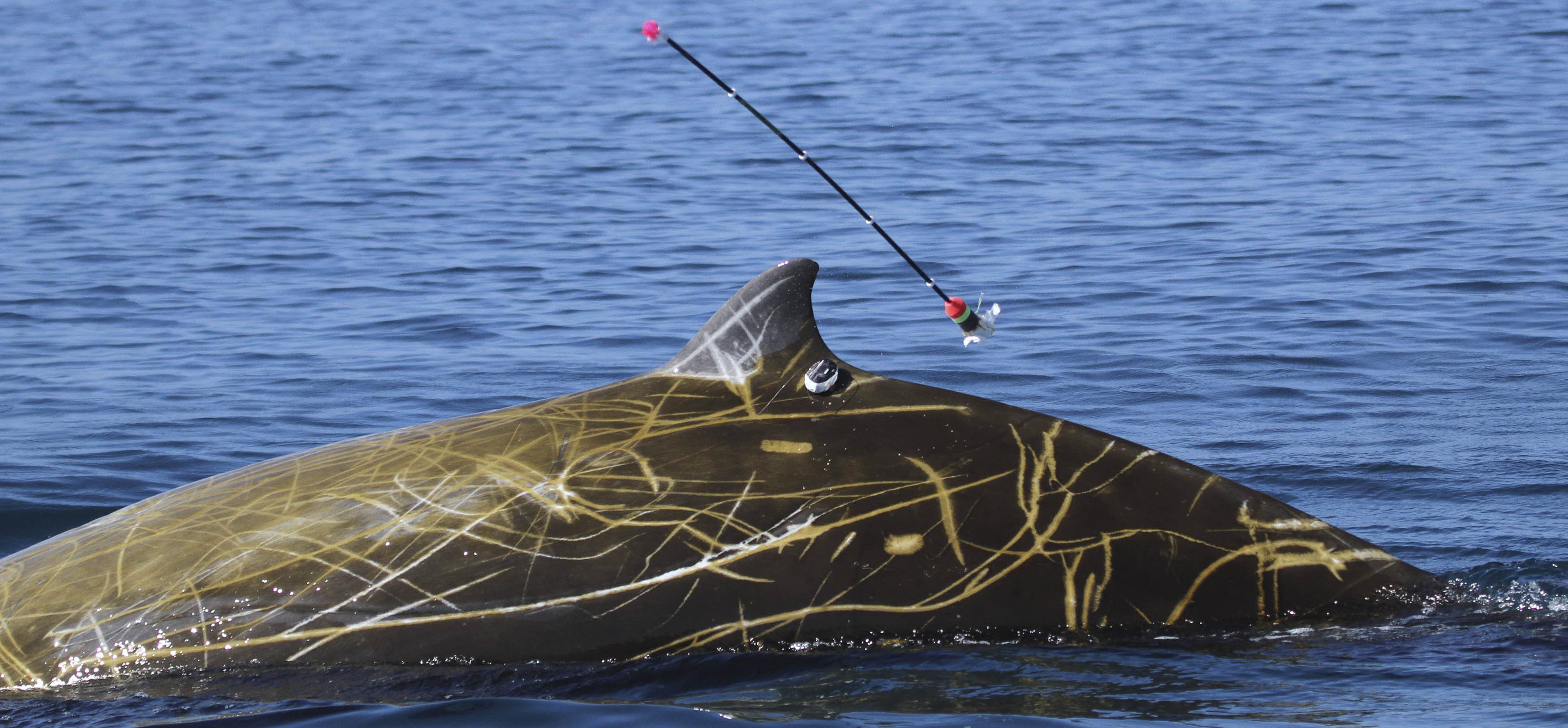If there were a gold medal for cetacean diving, it undoubtedly would go to the Cuvier's beaked whale. Scientists said Wednesday they have tracked these medium-size whales off the coast of California using satellite-linked tags as the creatures dove down nearly 3 km (1.9 miles) and spent two hours and 17 minutes underwater before resurfacing.
Those are breath-taking accomplishments for an air-breathing creature. The figures represent both the deepest and the longest dives ever documented for any marine mammal, said Greg Schorr of the Cascadia Research Collective in Olympia, Washington, who led the study, published in the journal PLOS ONE.
"Many creatures live at the depths these whales dive to, including their likely primary prey of squid and fish. However, there is a major difference between these whales and the other creatures living deep in the ocean — the fundamental requirement to breathe air at the surface," Schorr said.

















With your current subscription plan you can comment on stories. However, before writing your first comment, please create a display name in the Profile section of your subscriber account page.